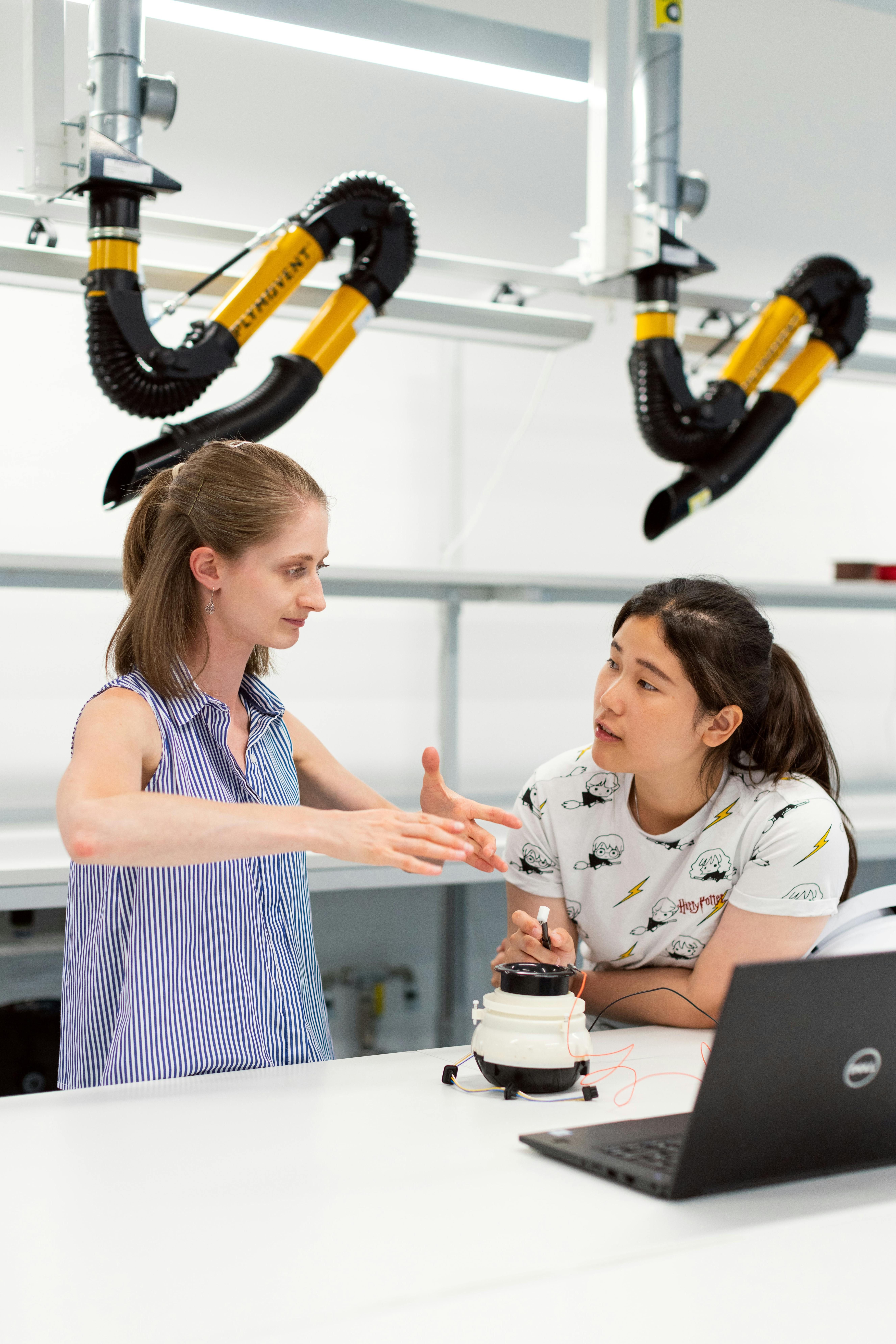Every year academic researchers and educational technologists at the OU’s Institute of Educational Technology explore developing advancements in pedagogy and identify how they can be effective in different learning, teaching and training contexts. This year researchers at the OU have been working with the Open University of Catalonia on the report, considering new forms of teaching, learning and assessment, to guide educators and policy makers.
This landmark 10th edition of the Innovating Pedagogy Report uncovers 10 new leading pedagogical approaches which can play a role to progress and advance educational experiences in our increasingly hybridised world. These pedagogies consider emerging and practical methods for learning and teaching globally, benefiting from more than 50 years’ experience that The Open University have in distance learning and blended education practice.
1. Dual learning scenarios
Research has found wide evidence that students benefit from learning in a combination of classroom and industry settings, which helps them to understand theory and apply that in practice. This approach has been used successfully in apprenticeships in both college and higher education contexts, where students report having authentic experiences from dual learning. This pedagogy provides value from joining classroom learning and in-practice industry training, bringing professional reality to the classroom and theoretical understanding to the workplace.
2. Hybrid models
Advancements in technology have transformed views of blended face-to-face and online learning. The COVID pandemic has caused a seismic expansion of hybrid education models, which seek to maximise flexibility, opportunity and agency. In the report, educational technologists explore challenges, risks and consequences for the future of learning and teaching.
3. Influencer-led education
Improvements in the consumable tech market, competitive pricing and the use of free-to-author social media giants like TikTok and YouTube have facilitated the rise of ‘social media influencers’. This pedagogy explores the depth of this phenomena, drawing conclusions on the impact self-proclaimed and collectively-assured expertise can have in the ever-growing online social learning space.
4. Pedagogies of microcredentials
Microcredentials, an emerging type of qualification which pools practice from academic and professional arenas, are rising in prominence in the education landscape. With the intention to widen opportunities to new groups of learners, the OU has demonstrated steadfastly that short courses can help learners to develop new skills. The report explores the different approaches that have been used in microcredentials.
5. Pedagogies of the home
Globally, COVID-19 sent education from the classroom to our homes. This pedagogy seeks to understand the home as a place for cultural learning. It explores the different informal teaching and learning practices that occur and the responses they draw from participants.
6. Pedagogy of autonomy
This pedagogy builds on ‘Learning to Learn’, an approach from the 2014 Innovating Pedagogy report, in which the role of autonomy and self-directed learning were considered. Since then, COVID has driven a steep upward curve in this practice, opening the door for learners to have control of their educational journey. This pedagogy investigates the capacity for freedom and independent learning.
7. Pedagogy of discomfort
The ‘pedagogy of discomfort’ is a process of self-examination, requiring learners to be critical of their own adopted thought-systems about issues such as racism, oppression and social injustice. Research has shown that the discomfort that comes from the reflection process can increase success in learning and educational transformation. This pedagogy also considers the challenges this process may have for institutions in the context of existing social and political climates.
8. Walk and Talk
This pedagogy explores the history and practical impacts that combining movement and conversation can have on learning. Drawing on research in physical education, psychology and informal learning contexts, this pedagogy builds an understanding of how walking and talking can influence learning experiences.
9. Watch parties
Watch parties take place when people view videos or online presentations together simultaneously, and can involve people joining online calls from all over the world. As consumable technology and internet access approaches a threshold of global usability, socialised online learning is now taking place on a larger scale. This pedagogy explores the ways learners organise and take part in watch parties, in formal contexts such as Massive Open Online Courses (MOOCs) and in informal online learning.
10. Wellbeing education
Wellbeing education is a pedagogical approach that supports and promotes good mental health for learners. Vast research exploring wellbeing education in blended and online settings has shown that the practice can have a positive impact on attainment and is a valuable enabler for an institution and individual. This pedagogy uncovers why wellbeing remains relevant in today’s educational landscape. As mental health data continues to display significant pressures on current and prospective students globally, embedding wellbeing education as an institutional practice has been found to benefit students in their educational journey.
View PDF: English (1.34MB) | 한국어판 Korean (8.37MB)


